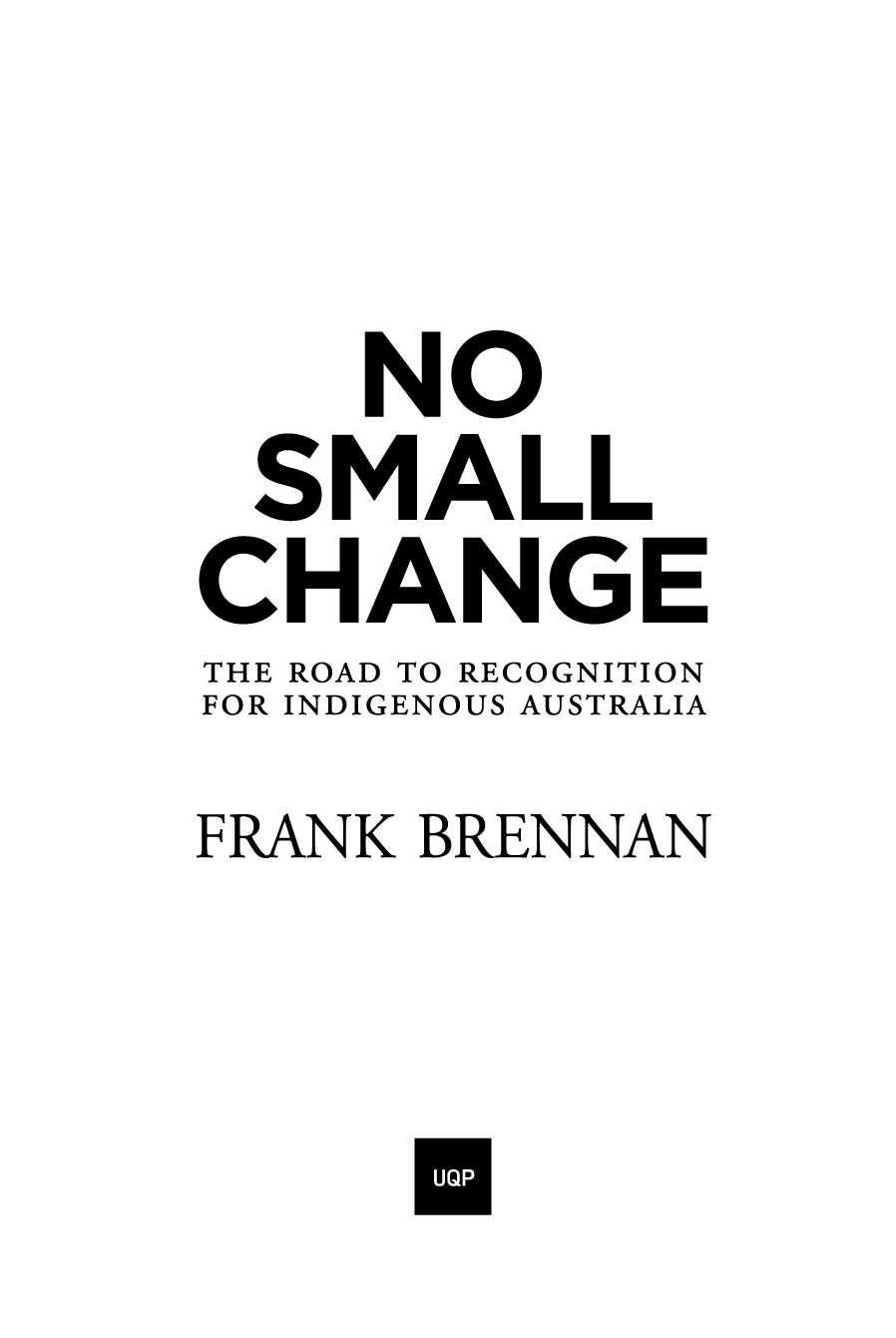 Frank Brennan is a Jesuit priest, professor of law at the Australian Catholic University, and adjunct professor at the College of Law and the National Centre for Indigenous Studies at the Australian National University. He has written a number of books on Indigenous issues and civil liberties. His most recent books are Tampering with Asylum (UQP, 2003), which compares Australias asylum policies with those of other first-world countries, and Acting on Conscience (UQP, 2007), which looks at the place of religion in Australian politics and law. In 2009, he chaired the National Human Rights Consultation. He is an Officer of the Order of Australia (AO) for services to Aboriginal Australians, particularly as an advocate in the areas of law, social justice and reconciliation.
Frank Brennan is a Jesuit priest, professor of law at the Australian Catholic University, and adjunct professor at the College of Law and the National Centre for Indigenous Studies at the Australian National University. He has written a number of books on Indigenous issues and civil liberties. His most recent books are Tampering with Asylum (UQP, 2003), which compares Australias asylum policies with those of other first-world countries, and Acting on Conscience (UQP, 2007), which looks at the place of religion in Australian politics and law. In 2009, he chaired the National Human Rights Consultation. He is an Officer of the Order of Australia (AO) for services to Aboriginal Australians, particularly as an advocate in the areas of law, social justice and reconciliation.
Other books by Frank Brennan
Too Much Order with Too Little Law
Land Rights Queensland Style
Sharing the Country
One Land, One Nation
Legislating Liberty
The Wik Debate
Tampering with Asylum
Acting on Conscience
Dedicated to the late Liam Marrantya (19862009), a Ngangi-Wumeri man from Nauiyu Nambiyu, and others like him caught between the Dreaming and the Market.
CONTENTS
FOREWORD
by Patricia Turner, AM
Father Frank Brennan SJ AO is a highly respected academic, author and commentator on legal and human rights issues as they play out in Australia. He is also my good friend. I first met Father Brennan in Townsville in 1988 when I was based there to organise and run the international Fifth Festival of Pacific Arts. It was an event to promote the practice and maintenance of the indigenous cultures of the Pacific region. It is our mutual interest in the matters impacting on Aboriginal and Torres Strait Islander people in Australia that has cemented our friendship. One such key issue in this area that we will have to decide as a nation, depending on when the current Coalition federal government puts forward the legislation for the referendum, is the recognition of Aboriginal and Torres Strait Islander people in the Australian Constitution.
The question of recognition of Aboriginal and Torres Strait Islander people in the Australian Constitution is not a new one. However, it is a complex one. In this book, Father Brennan paints a picture of significant historical developments in the body of Australian law that now recognises and gives effect to some of the rights of Aboriginal and Torres Strait Islander people, especially in relation to their rights to land. As an Arrernte woman from Alice Springs, with a lifetime of working in Aboriginal and Torres Strait Islander affairs, I know firsthand how long and difficult that struggle has been. In fact, in many cases Aboriginal people are still grappling with the complexity of securing their native title rights over their traditional lands.
To me, none of the rights of Aboriginal and Torres Strait Islander people have ever come easy. In most cases it has taken decades to get them recognised and then enacted. In regard to the Australian Constitution, only one referendum has ever been held to date about Aboriginal people. That was on 27 May 1967. It is regarded as the most successful referendum question ever put to the voting public as it received the majority of votes in the majority of states, a rare outcome indeed. It deleted all explicit references to Aboriginal people in the Australian Constitution. Specifically, section 51(26) was amended and section 127 was repealed. The deletion of the offending references to Aboriginal people meant that the Commonwealth Government was then able to legislate for Aboriginal and Torres Strait Islander people (section 51(26)) and they could be counted in the reckoning of the population (section 127).
With the Commonwealth Government now able to legislate for Aboriginal and Torres Strait Islander people, many assumed that it would only ever enact legislation that was beneficial to our people. But, alas, that was not to be. As Father Brennan outlines in chapter 7, the Commonwealth power to legislate can also be used against the interests of Aboriginal and Torres Strait Islander people. This book takes the reader on a very important journey, filled with interesting facts and often overlooked commentary by significant leaders. Father Brennans background research enables the reader to be treated to such insightful gems.
The current prime minister of Australia, the Honourable Tony Abbott, has said he wants Aboriginal and Torres Strait Islander people recognised in the Australian Constitution. He said this would complete our Constitution rather than change it. His government is yet to release further information about this matter. Hopefully, it will be very precise and clear. In the meantime, Reconciliation Australia has established a small team called Recognise, to promote the issue. They, too, eagerly await more clarity from the government of the day. Their role is important in spreading information across the nation about recognising Aboriginal and Torres Strait Islander peoples in our national Constitution. Their work follows that of an Expert Panel set up by former prime minister Julia Gillard to report on how such recognition should best take place. It is a comprehensive report, raising salient issues and a series of recommendations.
Father Brennan, among other important issues, discusses here the work of the Expert Panel and proffers alternative solutions. Undoubtedly, the single biggest challenge facing the question to be put in the referendum is whether the proposed change will gain majority support among Aboriginal and Torres Strait Islander peoples themselves. If it is not accepted by a clear majority of Aboriginal and Torres Strait Islander peoples, then what should we do? Obviously, as Australias First Nation people, coming from the oldest continuous culture in the world, this is a fact we want properly acknowledged. While many agree such recognition of this historical fact should be included in the national Constitution, others will put forward alternative views. But, the current prime minister has not put forward any other alternatives and is likely to stick by his wish for a referendum on the matter.
The position taken by Prime Minster Tony Abbott is a bold one. Why? Because as we have seen with the most successful referendum held in 1967, times change, issues change and the values held by the public at large also change over time. This is clearly laid out in this book.
Constitutional change in Australia is a serious matter. To gain a clearer appreciation of the issues involved and to assist the reader to clarify their own thinking about how to vote, I commend Father Brennans perspective as a respectful and realistic account. I hope you agree.
Ms Patricia Turner, AM
PREFACE
A PERSONAL JOURNEY
We Australians are about to consider how to amend our Constitution in the hope that Aboriginal and Torres Strait Islander peoples might be more assured their due place in the life of the nation. We tried the same thing in 1967. Presumably we can learn from our successes and failures with that constitutional change and with all that followed. I am not an Indigenous Australian. I know there will be no constitutional change unless Indigenous Australians seek it and the rest of us are convinced about the necessity, correctness and certainty of the change.

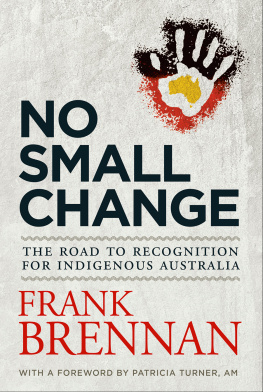

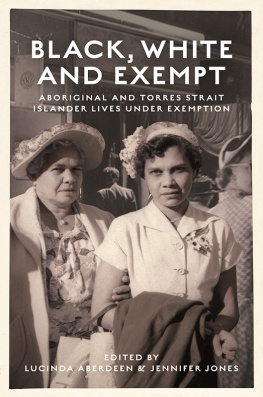
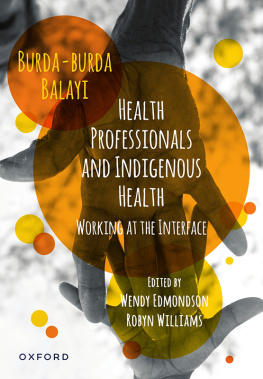
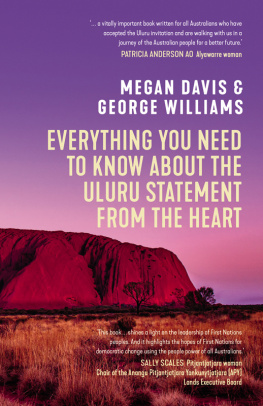
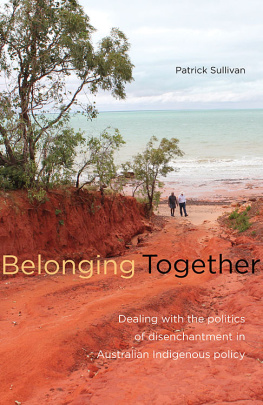
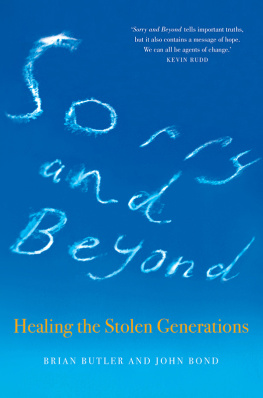
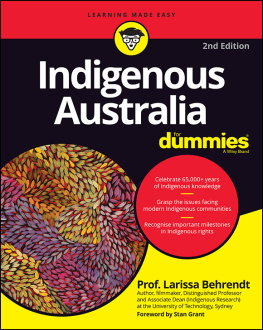
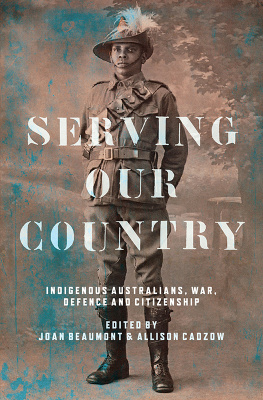
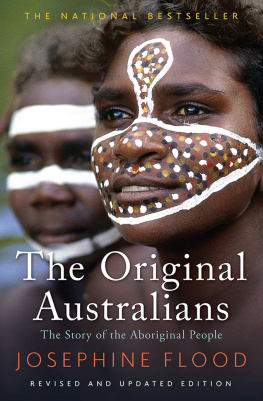
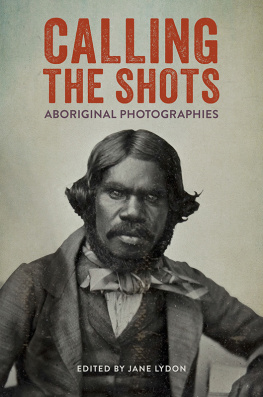
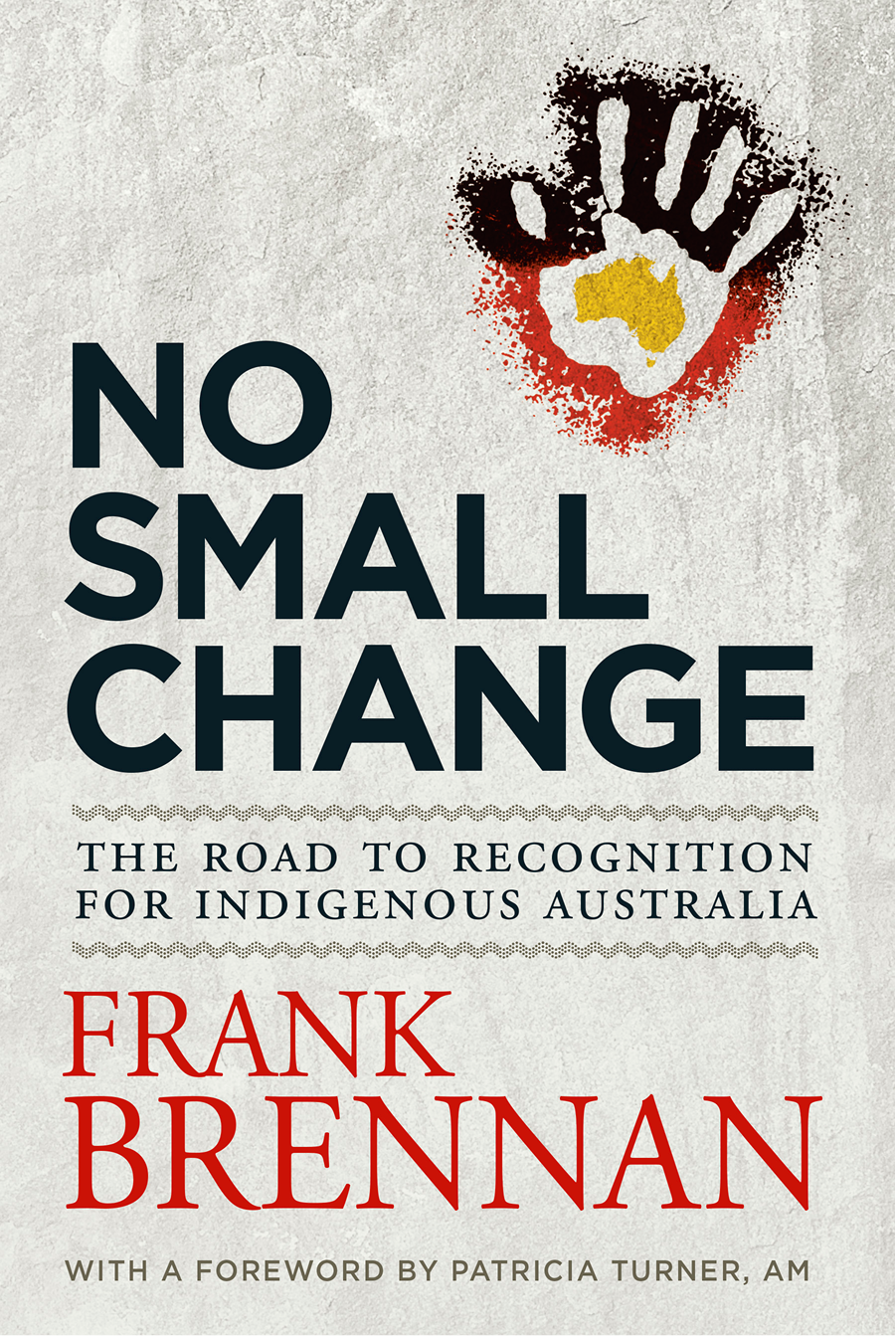
 Frank Brennan is a Jesuit priest, professor of law at the Australian Catholic University, and adjunct professor at the College of Law and the National Centre for Indigenous Studies at the Australian National University. He has written a number of books on Indigenous issues and civil liberties. His most recent books are Tampering with Asylum (UQP, 2003), which compares Australias asylum policies with those of other first-world countries, and Acting on Conscience (UQP, 2007), which looks at the place of religion in Australian politics and law. In 2009, he chaired the National Human Rights Consultation. He is an Officer of the Order of Australia (AO) for services to Aboriginal Australians, particularly as an advocate in the areas of law, social justice and reconciliation.
Frank Brennan is a Jesuit priest, professor of law at the Australian Catholic University, and adjunct professor at the College of Law and the National Centre for Indigenous Studies at the Australian National University. He has written a number of books on Indigenous issues and civil liberties. His most recent books are Tampering with Asylum (UQP, 2003), which compares Australias asylum policies with those of other first-world countries, and Acting on Conscience (UQP, 2007), which looks at the place of religion in Australian politics and law. In 2009, he chaired the National Human Rights Consultation. He is an Officer of the Order of Australia (AO) for services to Aboriginal Australians, particularly as an advocate in the areas of law, social justice and reconciliation.